Panel Discussion: How To Build a Diverse, Equitable & Inclusive Workplace
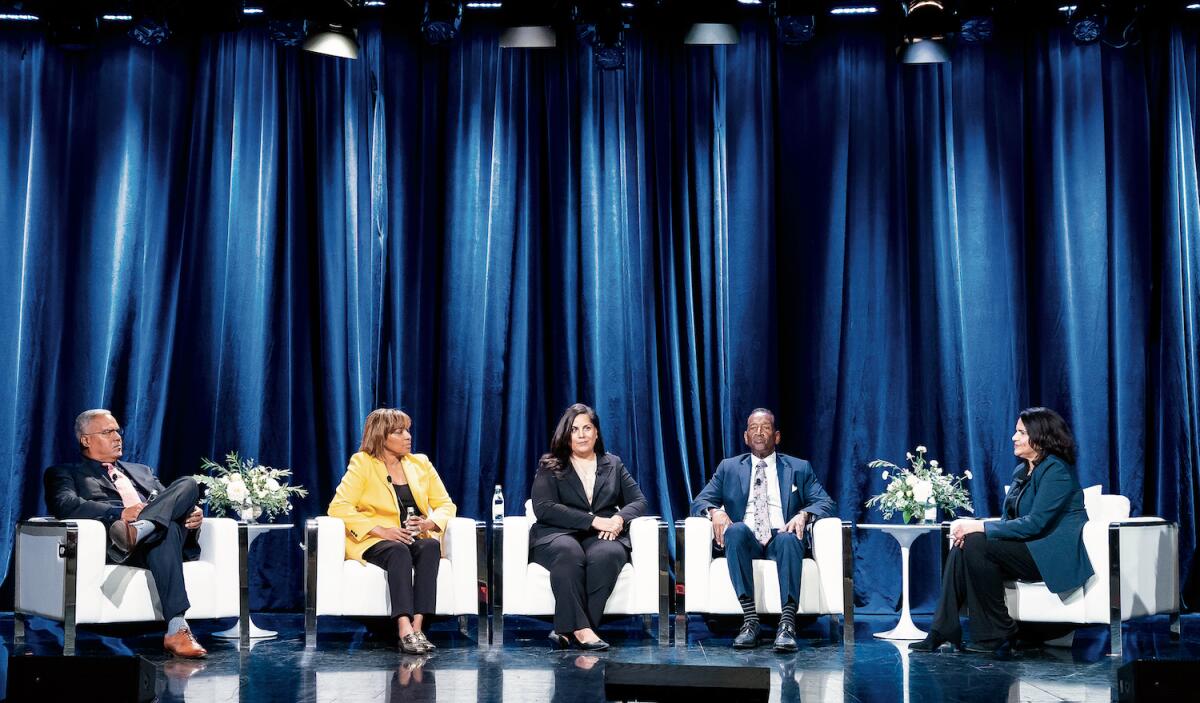
Hear from executives who have successfully built teams that truly embody inclusivity. What practices have yielded the best results and what are the challenges they faced along the way?
Panelists
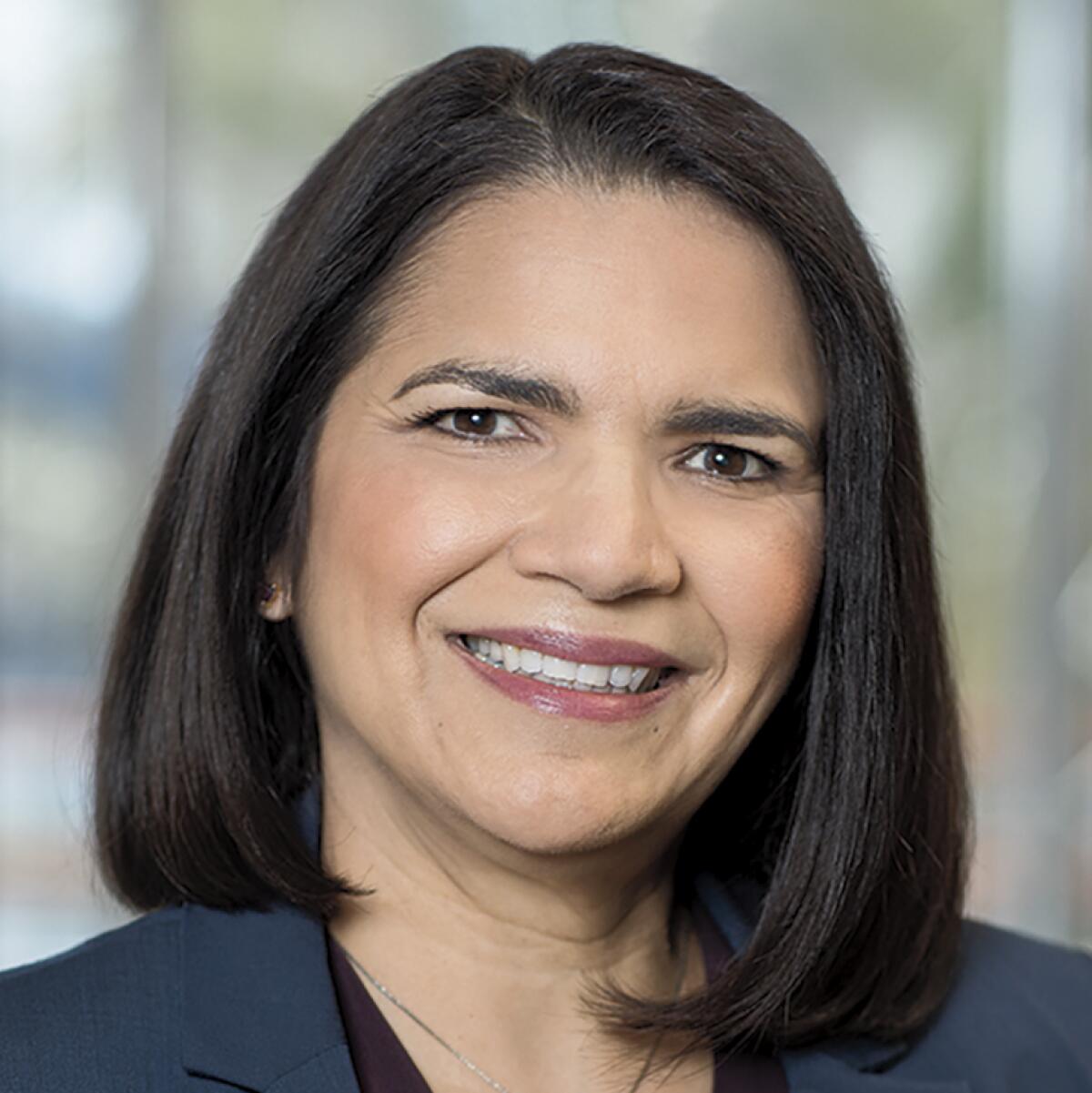
Moderator: Dr. Beverlyn Mendez
COO
Easterseals Southern California
Dr. Beverlyn Mendez is the chief operating officer of Easterseals Southern California. Beverlyn leads a diverse, dedicated team of nearly 2,500 employees to provide life-changing disability services for over 15,000 individuals and their families. She is passionate about the journey of advancing equity, building respect and celebrating belonging in the workplace.
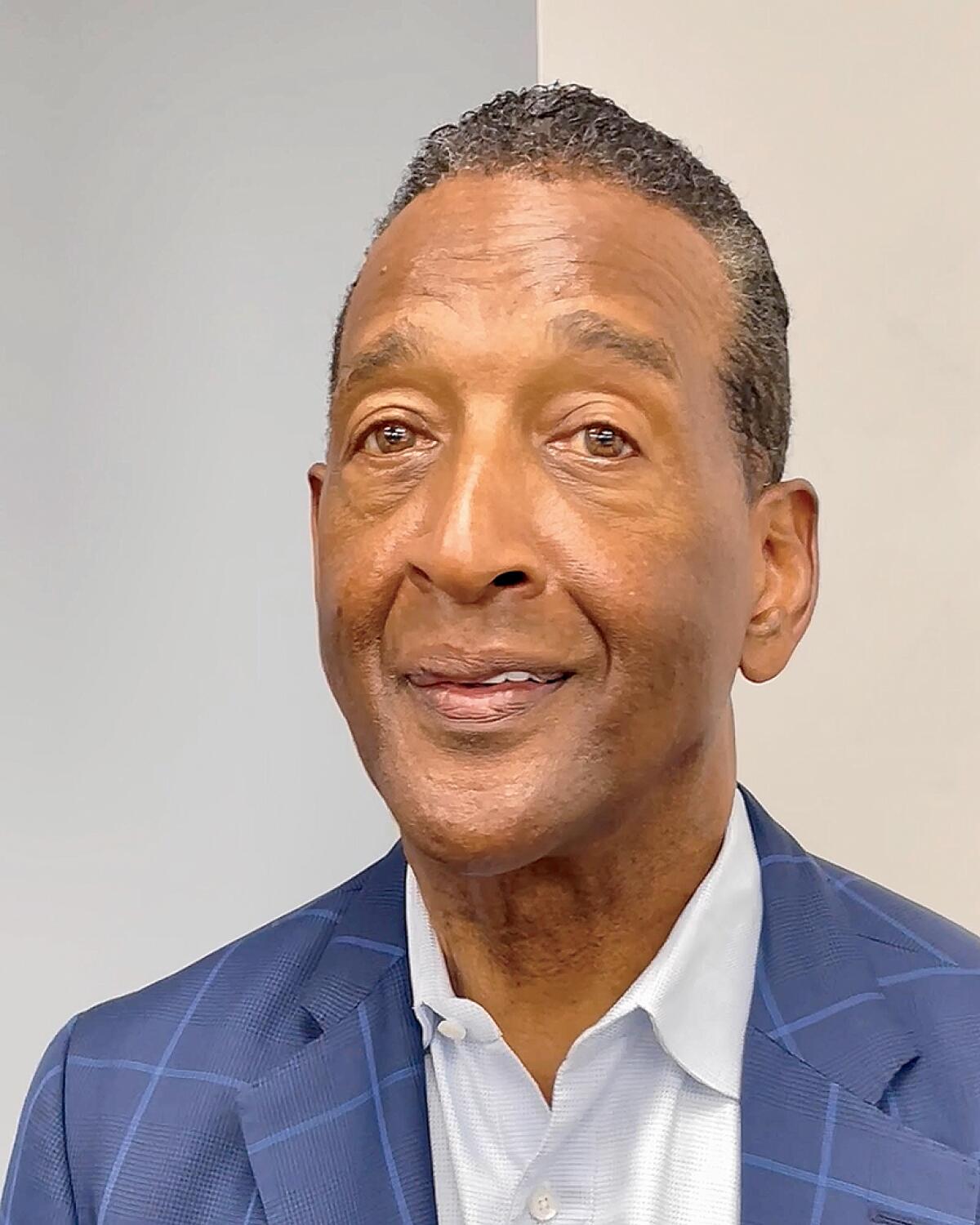
Robert W. Brown
President
University of West Los Angeles
Robert Brown is the president of the University of West Los Angeles, and its school of business and school of law. UWLA offers access to opportunities in higher education for those from disadvantaged socio-economic backgrounds. During Brown’s tenure, he’s overseen an overhaul of the university’s mode of providing quality legal and business education - effectively democratizing education.
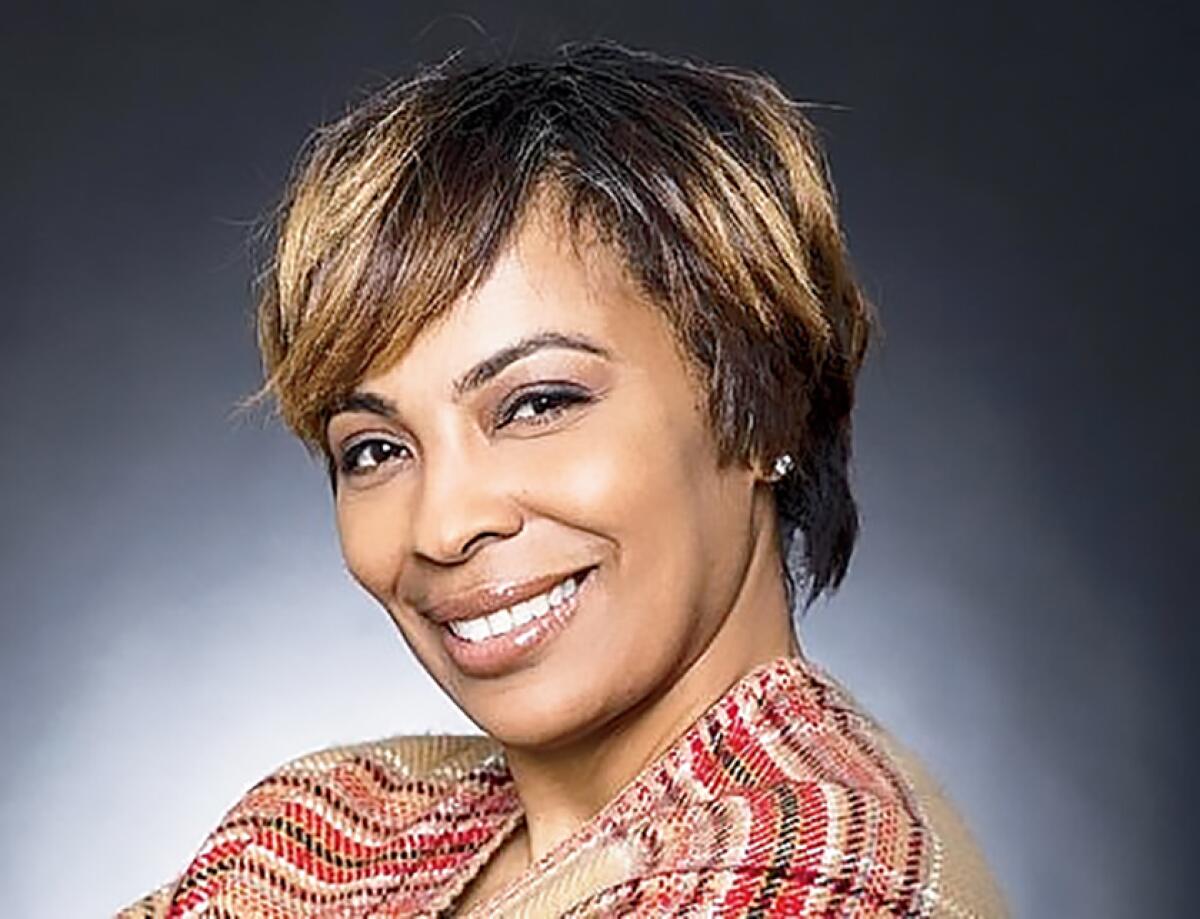
Angela Roseboro
Chief Diversity Officer
Riot Games
For over 30 years, Angela Roseboro has been a leader in building human capital strategies. She has held positions leading diversity and inclusion, talent management, and leadership development for Fortune 500 and mid-stage technology companies. Roseboro is known for successfully navigating companies through challenges with her forward thinking and pragmatic approach to problem solving. In her role as chief diversity officer at Riot Games, she led its diversity and inclusion (D&I) team and efforts across the organization ensuring that D&I was integrated in Riot’s broader strategy to identify, recruit, develop and retain the best talent.
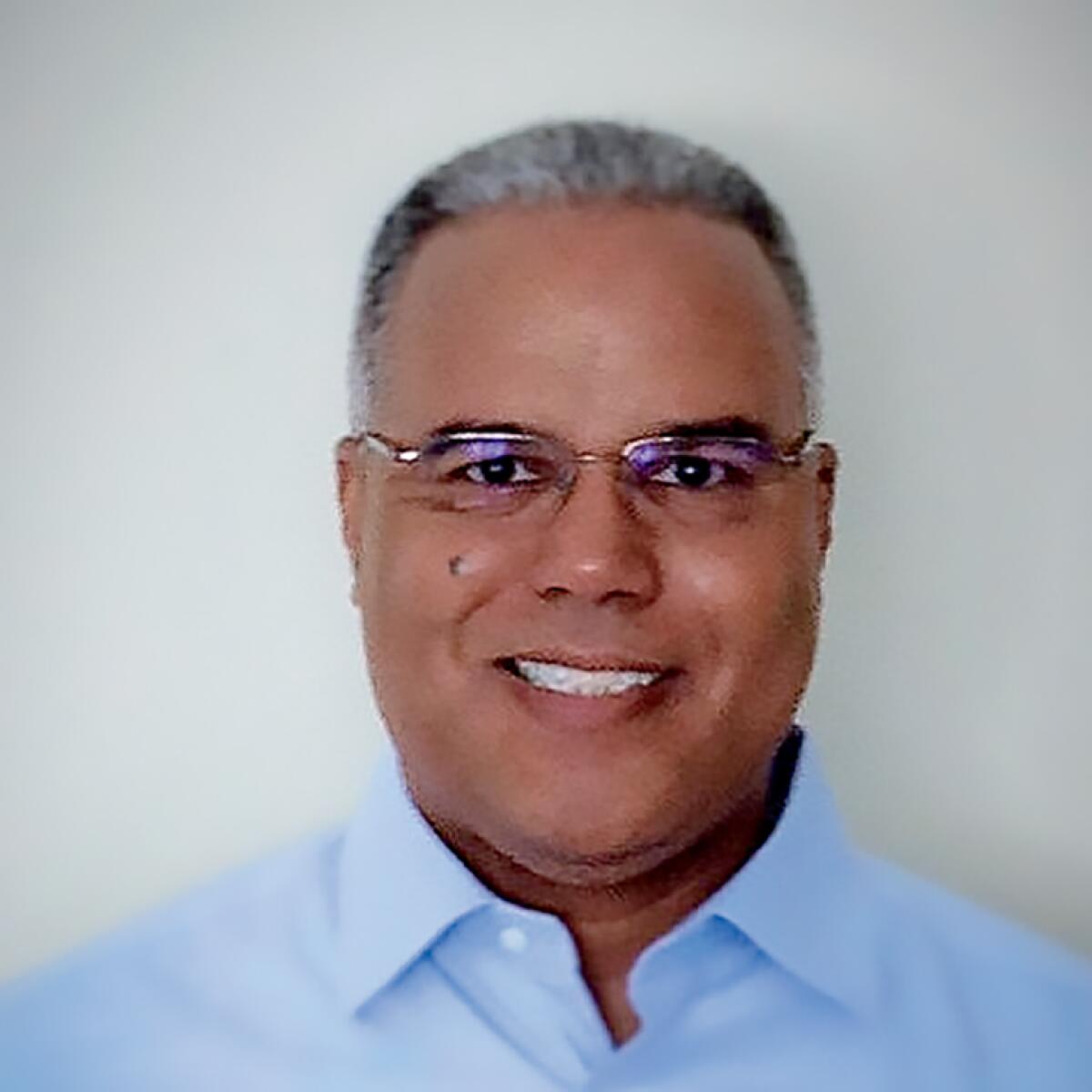
Mark Gunn
Chief Human Resources Officer
99 Cents Only Stores
Mark Gunn is the chief human resources officer for the 99 Cents Only Stores. He directs a 40-plus person HR organization as well as manages the company’s equity and inclusion initiatives. He is a transformational leader who drives critical human resource initiatives that result in a more engaged workforce.
Sonia Nayak
Los Angeles Office Managing Partner
Nixon Peabody LLP
Sonia Nayak is the managing partner of Nixon Peabody’s Los Angeles office, where she leads a group of powerhouse attorneys from a wide range of backgrounds to make it one of the most diverse and inclusive, fullservice big law offices in the country. Sonia’s practice centers on real estate development, including tax credit finance, affordable housing and commercial lending. While her practice is national in scope, she works on many tax credit-financed developments in the L.A. region and is able to see firsthand how her work positively impacts our community.
Shared Insights from the Discussion
Dr. Beverlyn Mendez: As the largest disability services organization in the country, Easterseals interacts with businesses and organizations of all types. Through our mission to lead the way to full equity, inclusion and access through our services, we know that inclusive organizations weave DEIA into everything they do. What specific experiences prepare future executives and managers to participate in creating a workplace culture of inclusion?
Robert Brown: I think one of the primary considerations, especially from the UWLA perspective, is that we consider ourselves an elite university that’s not elitist. Although we are an institution of higher education dedicated to providing very rigorous curriculum and educational instruction, we also want to be as inclusive as possible. We’re dedicated to the mission of being opportunistic and providing opportunities for people in particular who might not otherwise have those opportunities.
Dr. Mendez: How do you ensure all employees understand and engage in the furthering of their organizations’ DEIA efforts?
Sonia Nayak: At Nixon Peabody, DEI is part of our firm-wide strategic plan and woven into the fabric of our organization. We consider DEI in our recruiting, our mentorship and sponsorship programs, our professional development and coaching resources, our promotion and advancement decisions, and our succession planning. We ask attorneys to dedicate at least 40 hours a year to diversity activities, and each month we recognize an attorney who has demonstrated an outstanding commitment to advancing DEI in our firm or communities.
Dr. Mendez: Employers can intentionally use inclusive language and imagery and promote existing offerings that enhance inclusion, such as their EAP, wellness and mental health benefits, flexible work options, and accommodations. How does your industry get the most out of DEIA initiatives? What fundamentals, be they cultural or operational, need to be addressed for successful outcomes? Angela Roseboro: I think as you grow and scale, you have to redefine what is best and you also have to have processes in place. But the first thing you have to do is throw away the playbook. I’ve been doing this for a long time, and I think in a lot of companies, they start with non-functional programs, and I have to go back and fundamentally ask: “What are we here to do?”
Dr. Mendez: What advice would you give an HR executive desiring to elevate the issue of diversity in their organization with their senior leadership?
Mark Gunn: A problem that we have in our society today is when people make a mistake, we want to demonize them, we want to put them in a “penalty box.” That automatically shuts down the dialogue that would get us to the other side of an issue. So, if we can create an environment in our organization where we are open to the conversation, and provide a safe space for people to have the dialogue, and when it gets messy, stay in the mess, right? Don’t try to shut it down - let’s deal and let’s have the conversation. What we’re dealing with as a society around equity, diversity and inclusion is accessed through the dialogue.
Brown: You know, everybody wants to be recognized for the value that they bring, irrespective of physical characteristics, gender characteristics, ethnicity - people just want to be recognized for the value that they bring to the table. It’s really so important that the core we’re talking about is acknowledging, receiving, encouraging people.